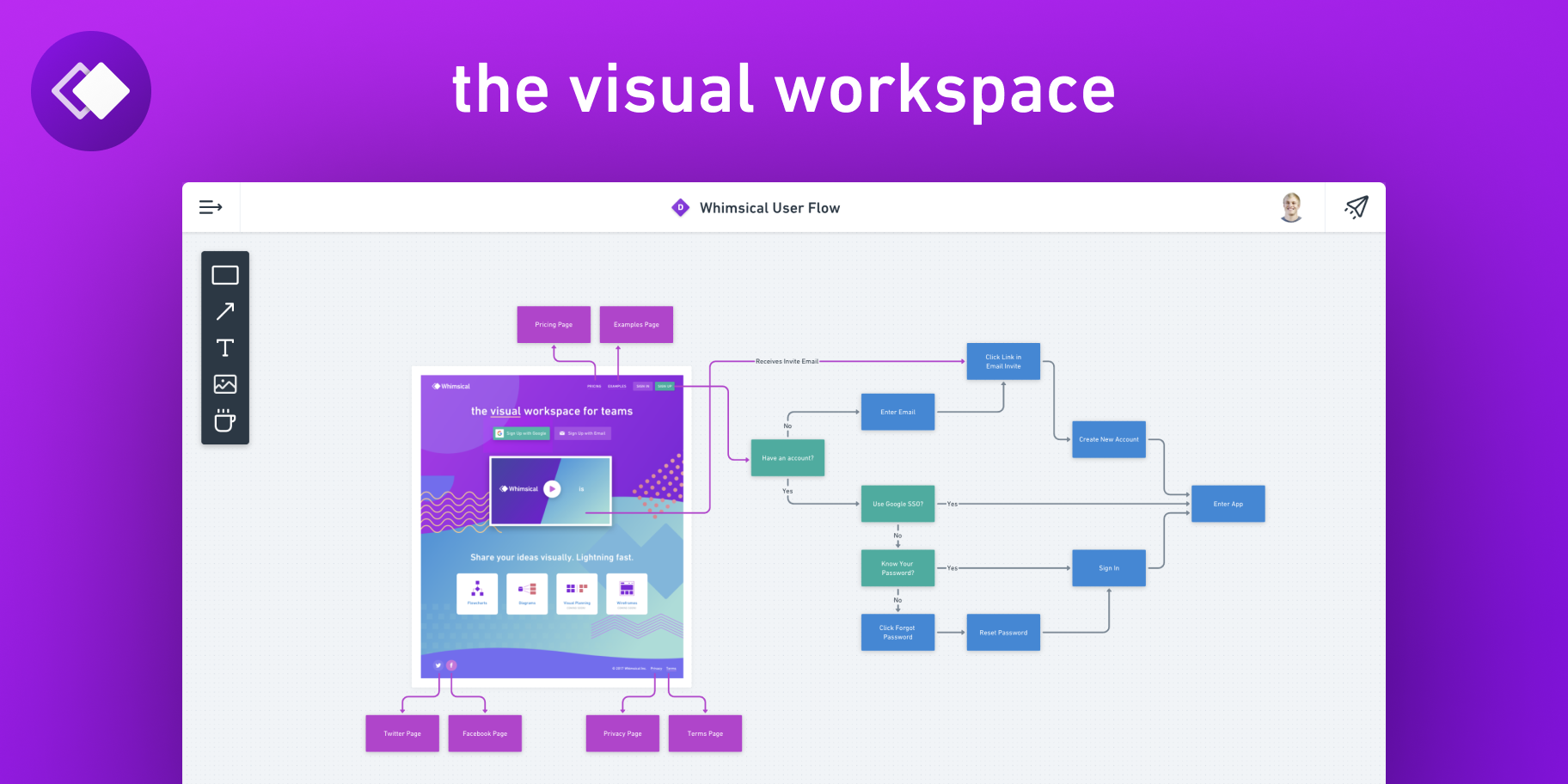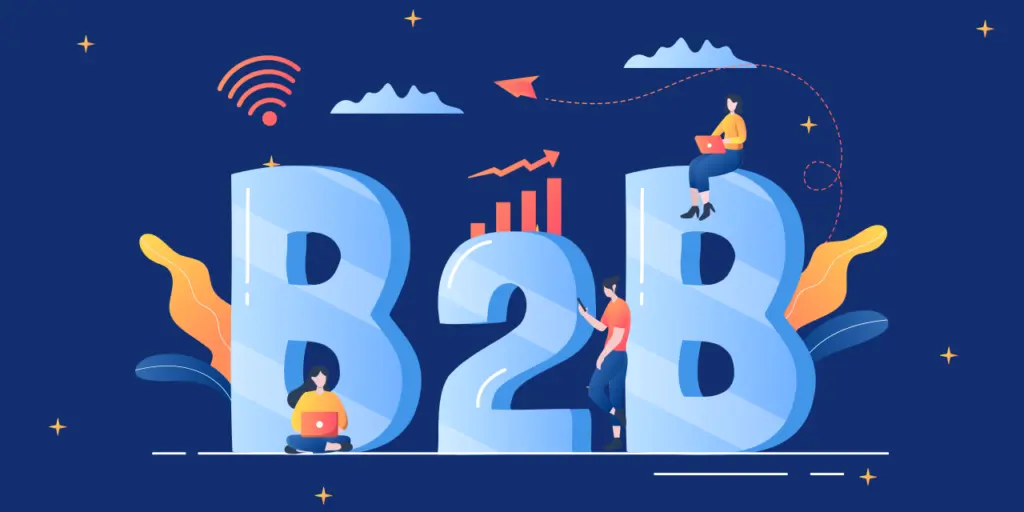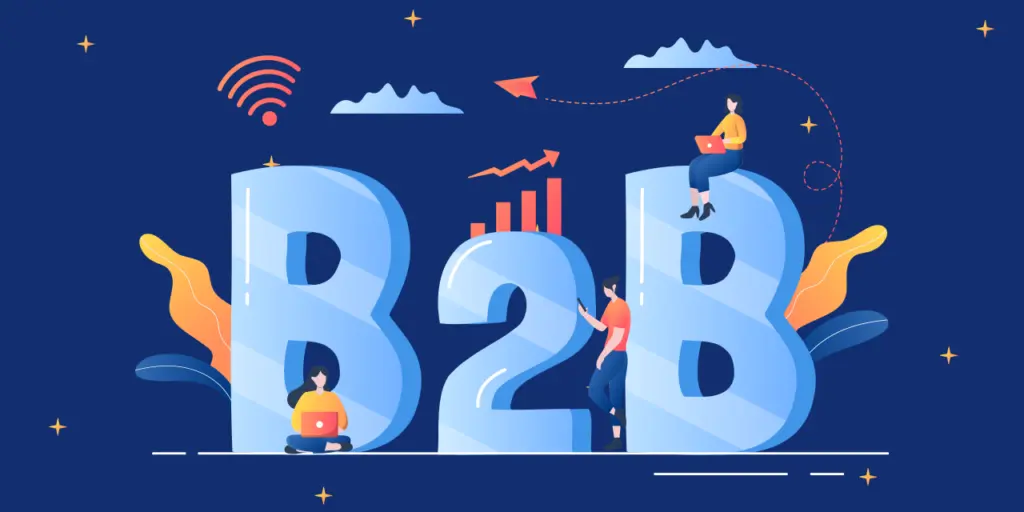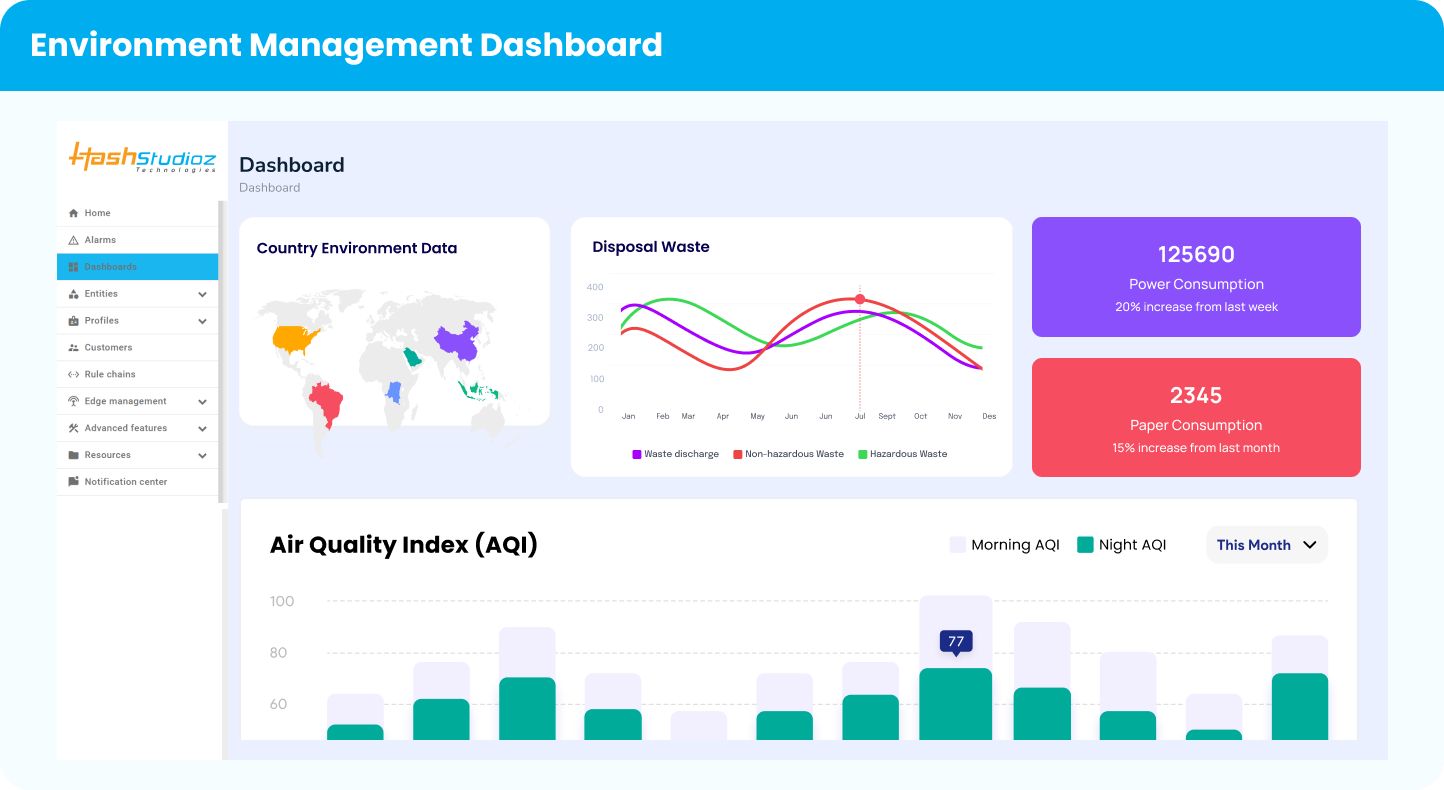Are Healthcare Apps Truly the Solution to Improving Patient Care and Streamlining Operations?
With the increasing adoption of mobile technology, healthcare apps are gaining momentum as a tool for enhancg patient care and streamlining healthcare operations. These apps offer functionalities ranging from appointment scheduling and patient management to remote health monitoring and telemedicine. But can healthcare apps truly live up to the promises of improving healthcare delivery, increasing operational efficiency, and enhancing patient outcomes? Are they the key to solving some of the healthcare industry's longstanding challenges, or is their impact overstated?
What Are Healthcare Apps?
Healthcare apps are mobile or web-based applications specifically designed to improve the quality of healthcare services by helping patients, healthcare providers, and administrative staff. These applications may focus on a variety of functions, including appointment scheduling, electronic health records (EHR) management, telemedicine consultations, prescription management, and patient education.
Incorporating such apps into existing healthcare systems can facilitate better communication, data sharing, and coordination between patients and healthcare providers. The potential of these apps lies in their ability to integrate seamlessly with healthcare workflows, making them more efficient and accessible.
How Do Healthcare Apps Benefit Patients?
Improved Access to Healthcare: Healthcare apps enable patients to access healthcare services remotely, a feature that has gained immense popularity in recent years. With telemedicine functionalities, patients can consult healthcare professionals via video calls, reducing the need for in-person visits. This can be particularly advantageous for patients in remote or underserved areas, as it eliminates geographical barriers to care. Additionally, patients who face mobility issues or scheduling conflicts can also benefit from the convenience of virtual consultations.
Moreover, remote health monitoring features allow patients to track their health metrics (such as blood pressure, glucose levels, or heart rate) from home. These apps sync with wearable devices and send the data to healthcare providers, allowing for continuous monitoring and timely interventions when necessary.
Better Patient Engagement: Healthcare apps improve patient engagement by providing access to real-time medical information, reminders for medication or appointments, and a direct communication channel with healthcare providers. Many apps also feature educational resources that help patients understand their health conditions and treatment plans, encouraging them to take a more active role in managing their well-being.
How Do Healthcare Apps Benefit Healthcare Providers?
Efficient Administrative Tasks: One of the main challenges for healthcare providers is managing administrative tasks, including scheduling appointments, managing patient records, and billing. Healthcare apps can significantly reduce administrative burdens by automating several of these processes. For instance, patients can book appointments directly through the app, reducing the need for phone calls and human intervention. The system can automatically update medical records, ensuring they are always up-to-date and easily accessible.
Additionally, healthcare apps can streamline billing processes by integrating with electronic billing systems, ensuring accurate and timely payments. This can improve cash flow and reduce the risk of billing errors.
Improved Patient Data Management: Healthcare apps play a key role in simplifying patient data management. They allow healthcare providers to access patient information, medical histories, and test results at the touch of a button. This level of accessibility is crucial for making quick, informed decisions that enhance the quality of care. The integration of Electronic Health Records (EHR) within these apps ensures that healthcare professionals have up-to-date information about their patients, improving diagnostic accuracy and treatment decisions.
Conclusion:
Are Healthcare Apps the Future of Healthcare?
Healthcare apps have the potential to significantly improve both patient care and operational efficiency. By offering enhanced access to healthcare services, improving patient engagement, and streamlining administrative processes, these apps can address many challenges faced by both patients and healthcare providers. However, the long-term success of healthcare apps depends on proper implementation, integration, and user adoption. When done correctly, healthcare apps could indeed revolutionize the healthcare experience, improving access to care, enhancing patient outcomes, and reducing inefficiencies in the system.
Source: https://whimsical.com/innovative-healthcare-app-development-transforming-patient-care--DvnaNFgx7F1azETekeYNZ2
With the increasing adoption of mobile technology, healthcare apps are gaining momentum as a tool for enhancg patient care and streamlining healthcare operations. These apps offer functionalities ranging from appointment scheduling and patient management to remote health monitoring and telemedicine. But can healthcare apps truly live up to the promises of improving healthcare delivery, increasing operational efficiency, and enhancing patient outcomes? Are they the key to solving some of the healthcare industry's longstanding challenges, or is their impact overstated?
What Are Healthcare Apps?
Healthcare apps are mobile or web-based applications specifically designed to improve the quality of healthcare services by helping patients, healthcare providers, and administrative staff. These applications may focus on a variety of functions, including appointment scheduling, electronic health records (EHR) management, telemedicine consultations, prescription management, and patient education.
Incorporating such apps into existing healthcare systems can facilitate better communication, data sharing, and coordination between patients and healthcare providers. The potential of these apps lies in their ability to integrate seamlessly with healthcare workflows, making them more efficient and accessible.
How Do Healthcare Apps Benefit Patients?
Improved Access to Healthcare: Healthcare apps enable patients to access healthcare services remotely, a feature that has gained immense popularity in recent years. With telemedicine functionalities, patients can consult healthcare professionals via video calls, reducing the need for in-person visits. This can be particularly advantageous for patients in remote or underserved areas, as it eliminates geographical barriers to care. Additionally, patients who face mobility issues or scheduling conflicts can also benefit from the convenience of virtual consultations.
Moreover, remote health monitoring features allow patients to track their health metrics (such as blood pressure, glucose levels, or heart rate) from home. These apps sync with wearable devices and send the data to healthcare providers, allowing for continuous monitoring and timely interventions when necessary.
Better Patient Engagement: Healthcare apps improve patient engagement by providing access to real-time medical information, reminders for medication or appointments, and a direct communication channel with healthcare providers. Many apps also feature educational resources that help patients understand their health conditions and treatment plans, encouraging them to take a more active role in managing their well-being.
How Do Healthcare Apps Benefit Healthcare Providers?
Efficient Administrative Tasks: One of the main challenges for healthcare providers is managing administrative tasks, including scheduling appointments, managing patient records, and billing. Healthcare apps can significantly reduce administrative burdens by automating several of these processes. For instance, patients can book appointments directly through the app, reducing the need for phone calls and human intervention. The system can automatically update medical records, ensuring they are always up-to-date and easily accessible.
Additionally, healthcare apps can streamline billing processes by integrating with electronic billing systems, ensuring accurate and timely payments. This can improve cash flow and reduce the risk of billing errors.
Improved Patient Data Management: Healthcare apps play a key role in simplifying patient data management. They allow healthcare providers to access patient information, medical histories, and test results at the touch of a button. This level of accessibility is crucial for making quick, informed decisions that enhance the quality of care. The integration of Electronic Health Records (EHR) within these apps ensures that healthcare professionals have up-to-date information about their patients, improving diagnostic accuracy and treatment decisions.
Conclusion:
Are Healthcare Apps the Future of Healthcare?
Healthcare apps have the potential to significantly improve both patient care and operational efficiency. By offering enhanced access to healthcare services, improving patient engagement, and streamlining administrative processes, these apps can address many challenges faced by both patients and healthcare providers. However, the long-term success of healthcare apps depends on proper implementation, integration, and user adoption. When done correctly, healthcare apps could indeed revolutionize the healthcare experience, improving access to care, enhancing patient outcomes, and reducing inefficiencies in the system.
Source: https://whimsical.com/innovative-healthcare-app-development-transforming-patient-care--DvnaNFgx7F1azETekeYNZ2
Are Healthcare Apps Truly the Solution to Improving Patient Care and Streamlining Operations?
With the increasing adoption of mobile technology, healthcare apps are gaining momentum as a tool for enhancg patient care and streamlining healthcare operations. These apps offer functionalities ranging from appointment scheduling and patient management to remote health monitoring and telemedicine. But can healthcare apps truly live up to the promises of improving healthcare delivery, increasing operational efficiency, and enhancing patient outcomes? Are they the key to solving some of the healthcare industry's longstanding challenges, or is their impact overstated?
What Are Healthcare Apps?
Healthcare apps are mobile or web-based applications specifically designed to improve the quality of healthcare services by helping patients, healthcare providers, and administrative staff. These applications may focus on a variety of functions, including appointment scheduling, electronic health records (EHR) management, telemedicine consultations, prescription management, and patient education.
Incorporating such apps into existing healthcare systems can facilitate better communication, data sharing, and coordination between patients and healthcare providers. The potential of these apps lies in their ability to integrate seamlessly with healthcare workflows, making them more efficient and accessible.
How Do Healthcare Apps Benefit Patients?
Improved Access to Healthcare: Healthcare apps enable patients to access healthcare services remotely, a feature that has gained immense popularity in recent years. With telemedicine functionalities, patients can consult healthcare professionals via video calls, reducing the need for in-person visits. This can be particularly advantageous for patients in remote or underserved areas, as it eliminates geographical barriers to care. Additionally, patients who face mobility issues or scheduling conflicts can also benefit from the convenience of virtual consultations.
Moreover, remote health monitoring features allow patients to track their health metrics (such as blood pressure, glucose levels, or heart rate) from home. These apps sync with wearable devices and send the data to healthcare providers, allowing for continuous monitoring and timely interventions when necessary.
Better Patient Engagement: Healthcare apps improve patient engagement by providing access to real-time medical information, reminders for medication or appointments, and a direct communication channel with healthcare providers. Many apps also feature educational resources that help patients understand their health conditions and treatment plans, encouraging them to take a more active role in managing their well-being.
How Do Healthcare Apps Benefit Healthcare Providers?
Efficient Administrative Tasks: One of the main challenges for healthcare providers is managing administrative tasks, including scheduling appointments, managing patient records, and billing. Healthcare apps can significantly reduce administrative burdens by automating several of these processes. For instance, patients can book appointments directly through the app, reducing the need for phone calls and human intervention. The system can automatically update medical records, ensuring they are always up-to-date and easily accessible.
Additionally, healthcare apps can streamline billing processes by integrating with electronic billing systems, ensuring accurate and timely payments. This can improve cash flow and reduce the risk of billing errors.
Improved Patient Data Management: Healthcare apps play a key role in simplifying patient data management. They allow healthcare providers to access patient information, medical histories, and test results at the touch of a button. This level of accessibility is crucial for making quick, informed decisions that enhance the quality of care. The integration of Electronic Health Records (EHR) within these apps ensures that healthcare professionals have up-to-date information about their patients, improving diagnostic accuracy and treatment decisions.
Conclusion:
Are Healthcare Apps the Future of Healthcare?
Healthcare apps have the potential to significantly improve both patient care and operational efficiency. By offering enhanced access to healthcare services, improving patient engagement, and streamlining administrative processes, these apps can address many challenges faced by both patients and healthcare providers. However, the long-term success of healthcare apps depends on proper implementation, integration, and user adoption. When done correctly, healthcare apps could indeed revolutionize the healthcare experience, improving access to care, enhancing patient outcomes, and reducing inefficiencies in the system.
Source: https://whimsical.com/innovative-healthcare-app-development-transforming-patient-care--DvnaNFgx7F1azETekeYNZ2
0 Commentaires
0 Parts
246 Vue
0 Aperçu












